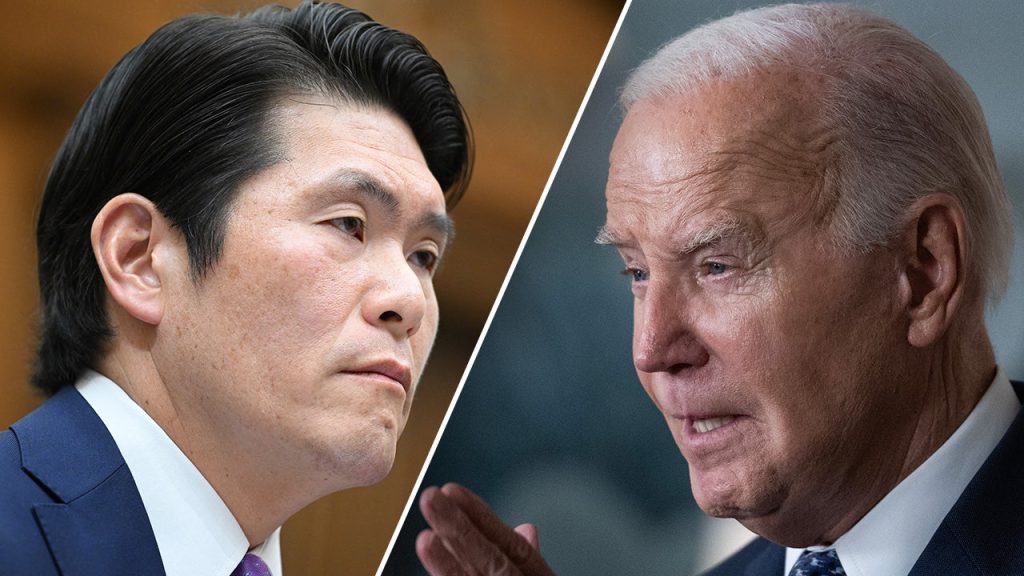The Justice Department filed a court document on Friday stating that they were unable to release the audio of President Biden’s interview with Special Counsel Robert Hur because of the potential for deepfake technology to alter the recording. They argued that although there is already public audio available to create AI deepfakes of both Biden and Hur, releasing the true recording would make it more difficult to disprove any false versions. The filing also mentioned concerns about advancements in audio, artificial intelligence, and deep fake technologies amplifying the risk of malicious manipulation of audio files, leading to the potential spread of false recordings.
Efforts are being made by conservative legal groups and House Republicans to force the release of the audio from Biden’s interview with Hur. The Department of Justice has already released a transcript of the interview, which revealed embarrassing moments for the president. During the five-hour interview, Biden was questioned on his handling of classified documents, which resulted in a report by Hur describing him as a forgetful but well-meaning elderly man. The report highlighted instances where Biden could not recall key details, leading to Biden making false statements about the interview, such as claiming Hur brought up the topic of his son Beau’s death when it was actually Biden who had broached the subject.
House Speaker Mike Johnson expressed his belief that Biden exerted privilege over the recording out of fear that it would alarm the American people if released. Some Republicans have speculated that the transcript of the interview may not align with the audio, suggesting possible edits to protect Biden from embarrassment. However, Associate Deputy Attorney General Bradley Weinsheimer rejected these claims in the court filing, stating that only minor adjustments were made to the transcript, such as removing repeated words and filler words.
The legal challenge against Biden’s exercise of executive privilege over the interview recording continues, with concerns about the potential misuse of deepfake technology playing a significant role in the decision to withhold the audio. The Department of Justice is concerned about the spread of false recordings if the true audio is released, given the advancements in technology that allow for the manipulation of audio files. Efforts from conservative groups and House Republicans to force the release of the audio highlight the contentious nature of the situation, with the transcript of the interview already revealing embarrassing moments for Biden.
Despite conflicting accounts of the interview and concerns about the accuracy of the transcript compared to the audio, the Department of Justice maintains that minor adjustments were made to the transcript and that releasing the audio would pose a greater risk of malicious manipulation. Biden’s administration faces ongoing challenges regarding the release of the recording, with questions surrounding the transparency of the process and the potential impact on public perception. As the legal battle continues, the issue of deepfake technology and its implications for the integrity of audio recordings remains a key point of contention in the case.


